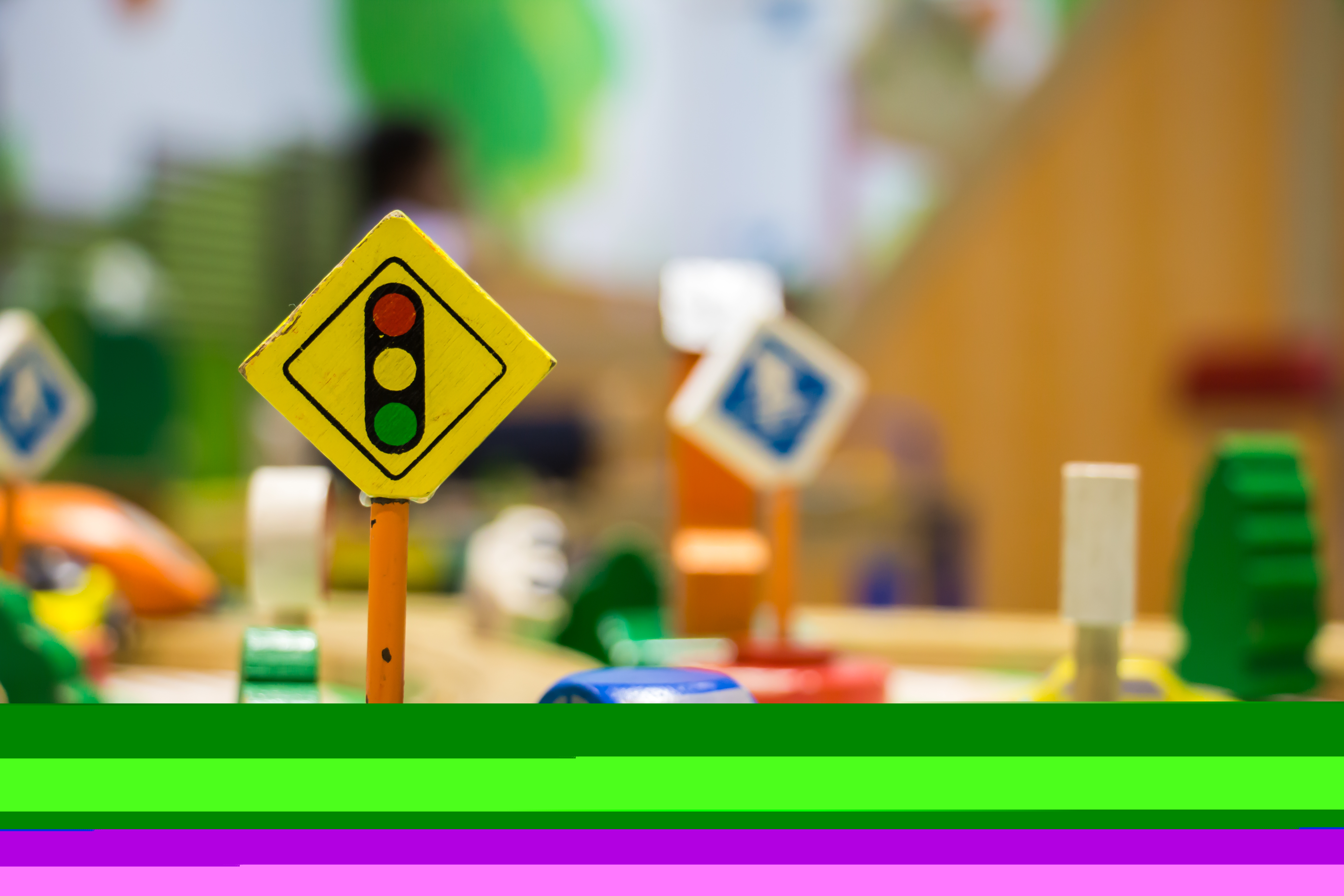Critical Thinking Normal Community Worksheets for Ages 4-8
5 filtered results
-
From - To
Boost your child's critical thinking with our expertly designed "Critical Thinking Normal Community Worksheets" tailored for ages 4-8. These engaging and thought-provoking activities encourage young learners to explore their surrounding communities while honing problem-solving skills. Featuring a array of interactive exercises, these worksheets cover essential social studies concepts, helping kids understand the roles of various community members, recognize patterns, and make informed decisions. Developed by education professionals, our printable resources ensure a fun and challenging learning experience that fosters creativity and curiosity. Equip your child today with the tools they need for a brighter, more analytical future.
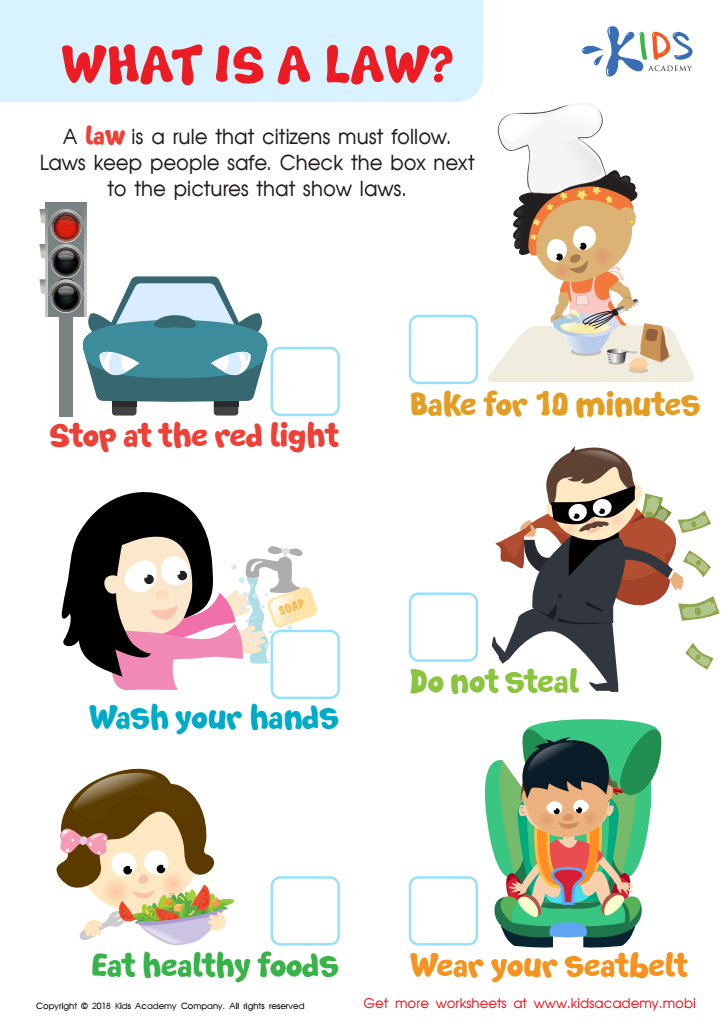

What is a Law? Worksheet
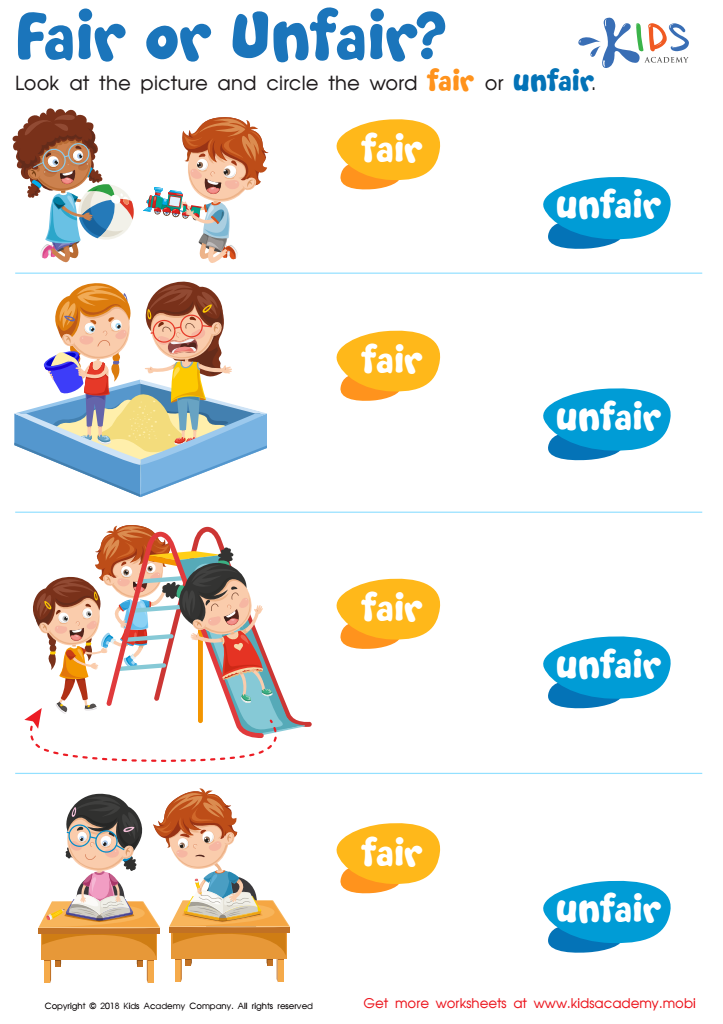

Fair or Unfair Worksheet
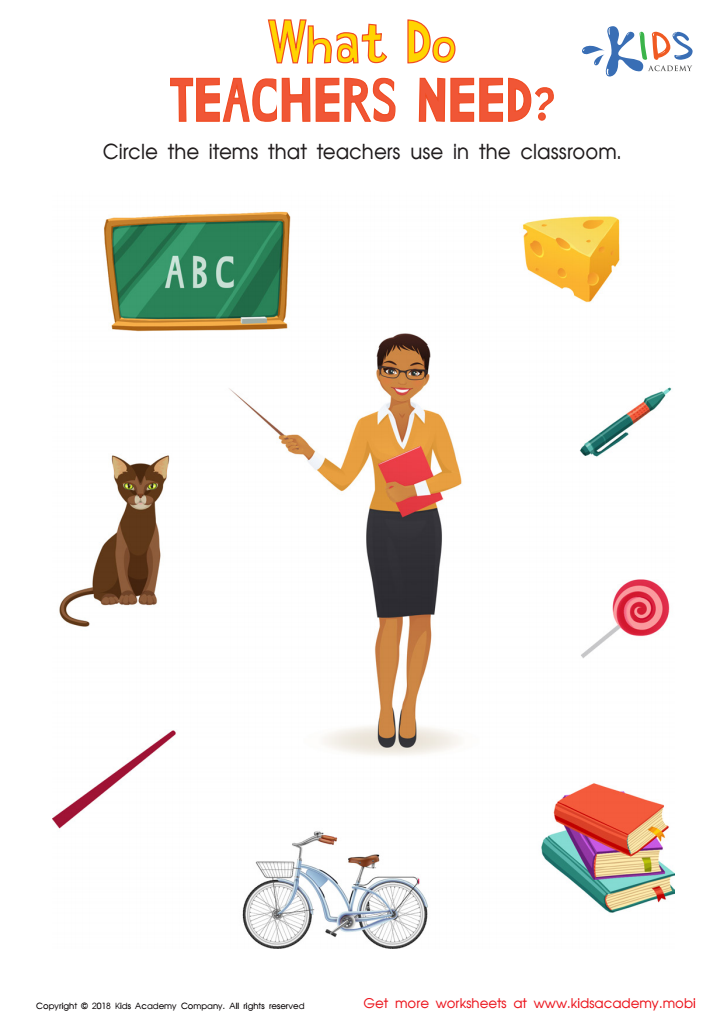

What Do Teachers Need Worksheet
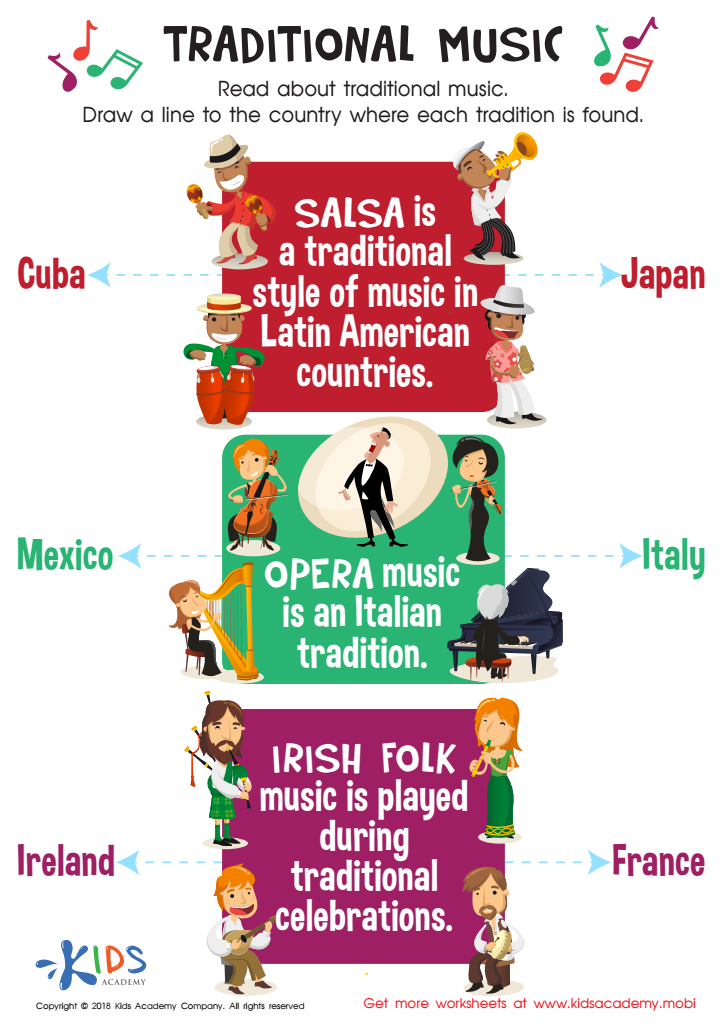

Traditional Music Worksheet
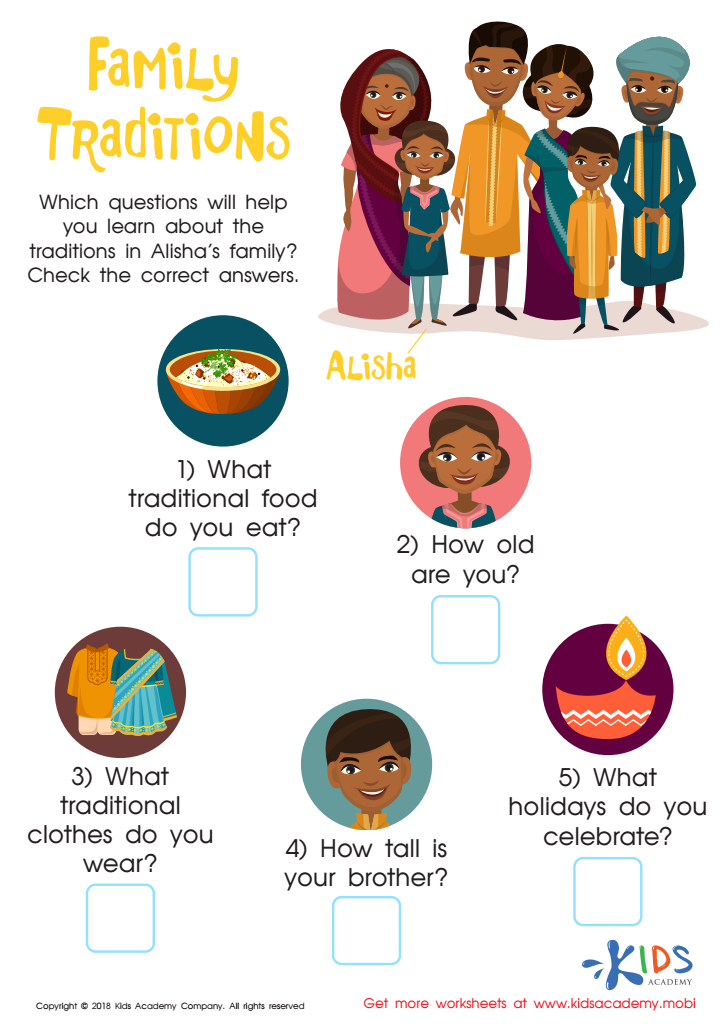

Family Traditions Worksheet
Critical thinking is essential even for young children, as it cultivates a foundation for lifelong learning and problem-solving. Incorporating a critical thinking community for ages 4-8 empowers children to question, analyze, and evaluate their surroundings in a structured yet engaging environment. Teaching critical thinking at an early age enhances cognitive development, boosting capabilities such as reasoning, logic, and the ability to make informed decisions.
Parents and teachers play pivotal roles in fostering these skills. By caring about and actively promoting a critical thinking community, they ensure that children are not merely passive recipients of information but are actively engaged in the learning process. This approach encourages curiosity, creativity, and independent thought. It also helps in developing social skills as students share ideas, debate, and listen to others' viewpoints respectfully.
Moreover, honing critical thinking at this stage lays the groundwork for academic success and future life skills. Children's ability to think critically can improve their problem-solving in subjects like math and science and encourage a deeper appreciation for literature and history. Equipping children with these skills prepares them for complex decision-making processes they will face in higher education and everyday life, ultimately fostering well-rounded, intellectually capable individuals.
 Assign to My Students
Assign to My Students





